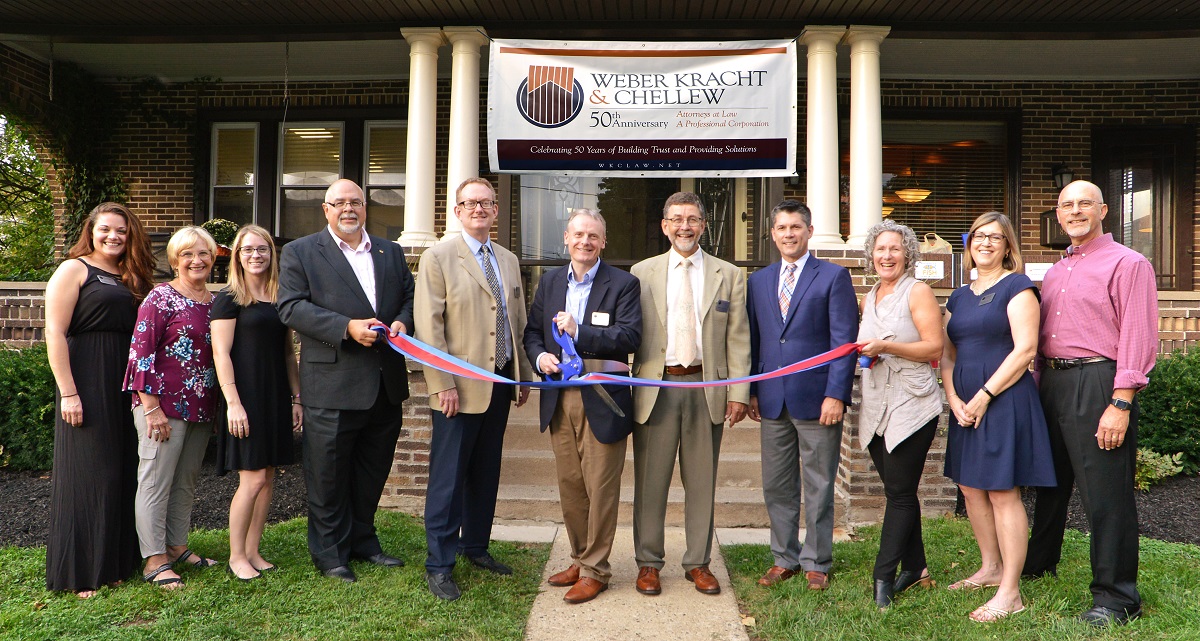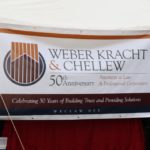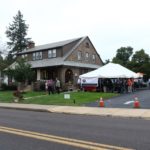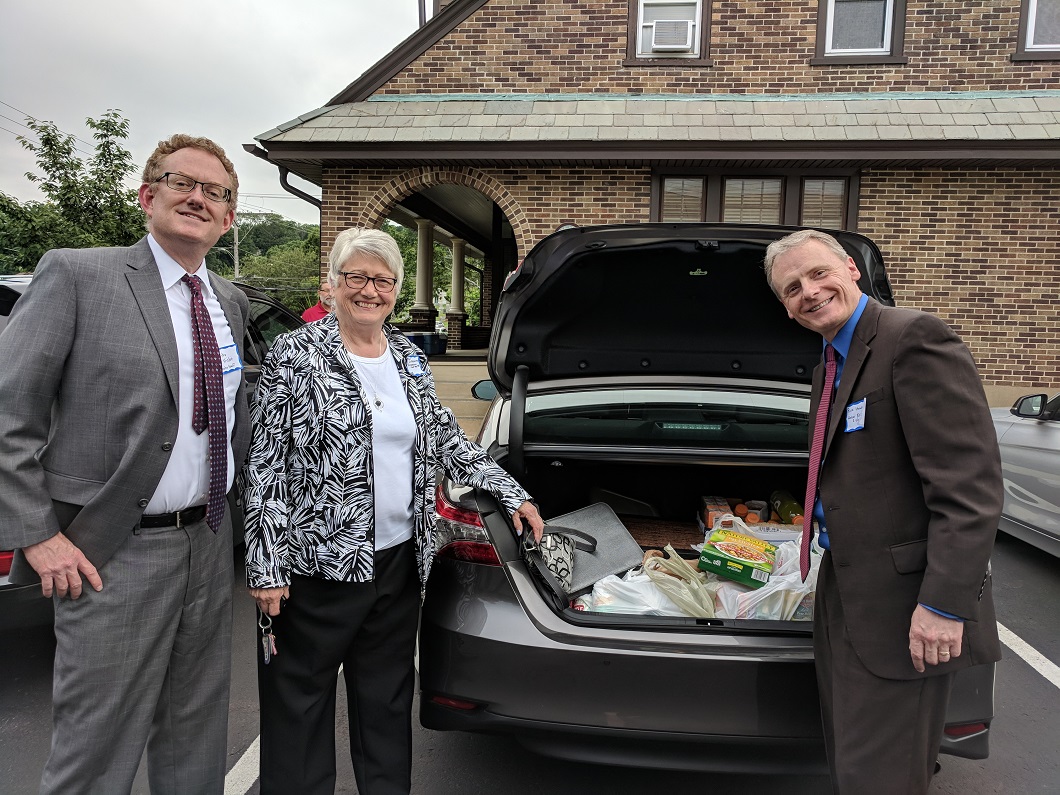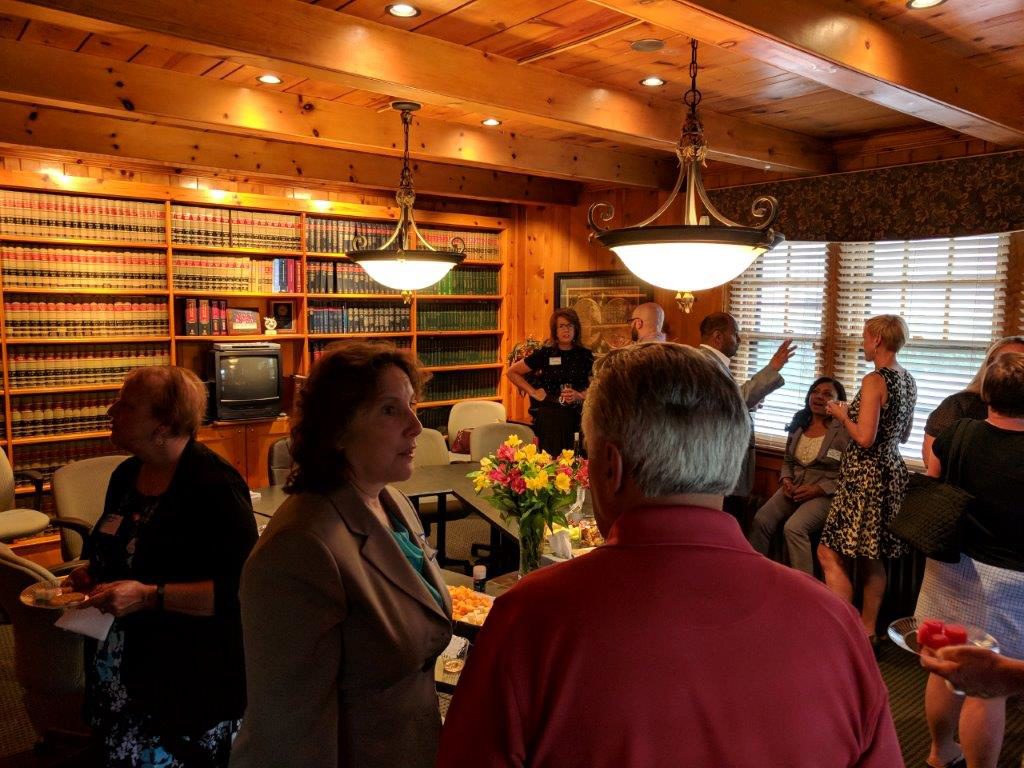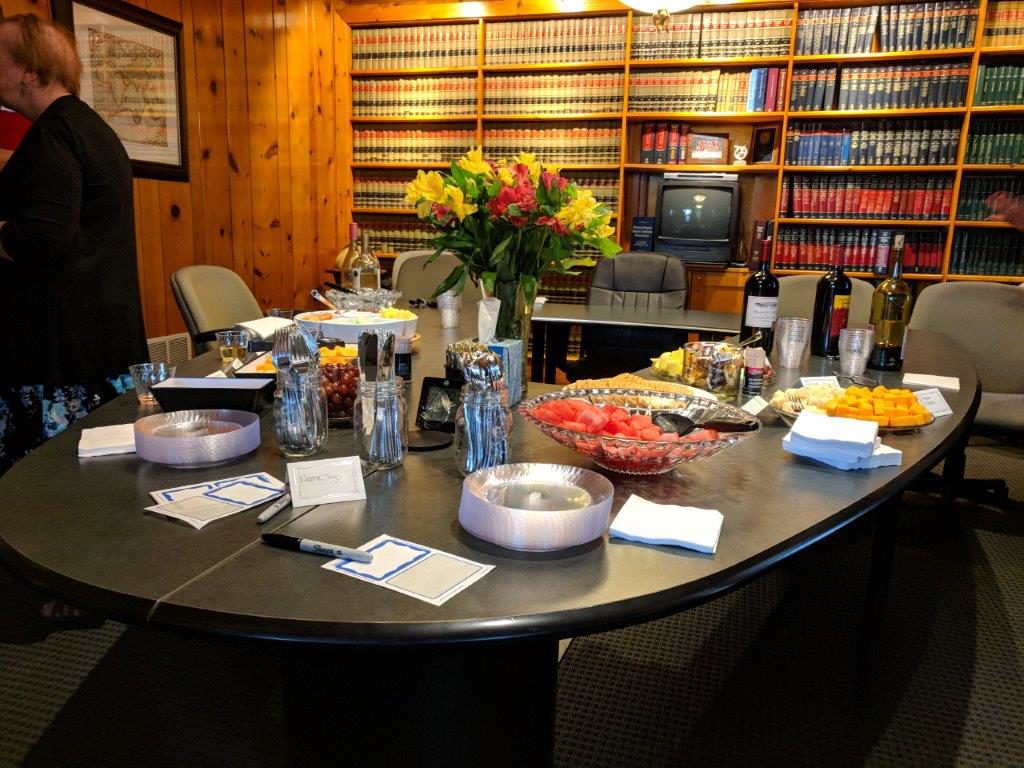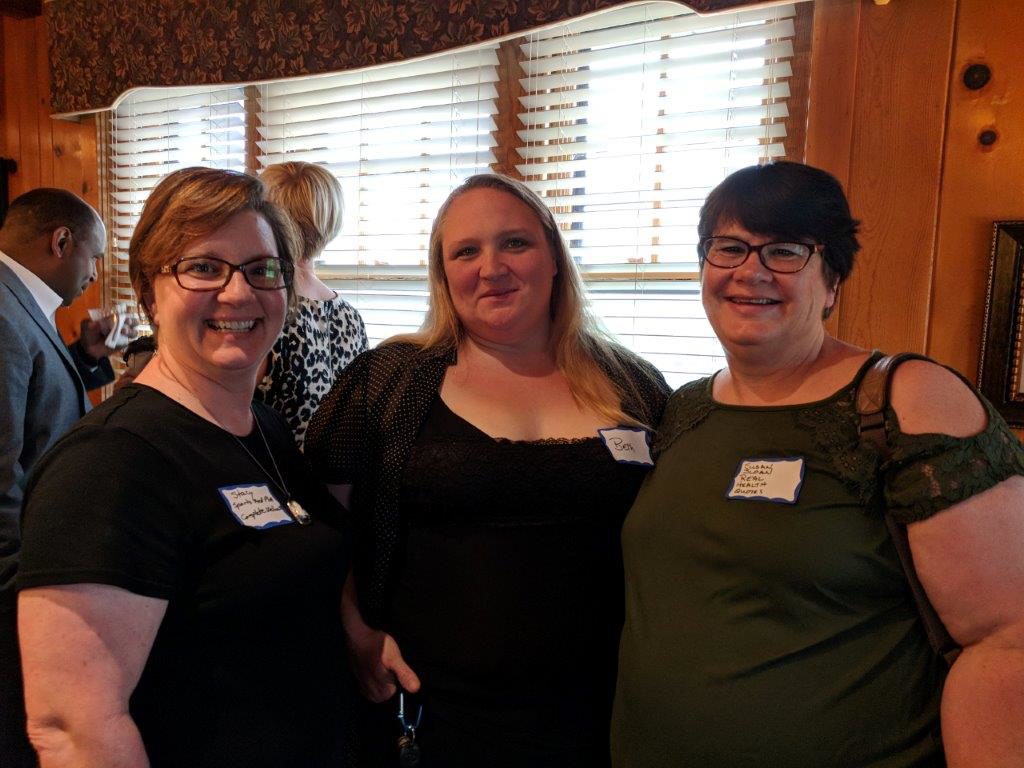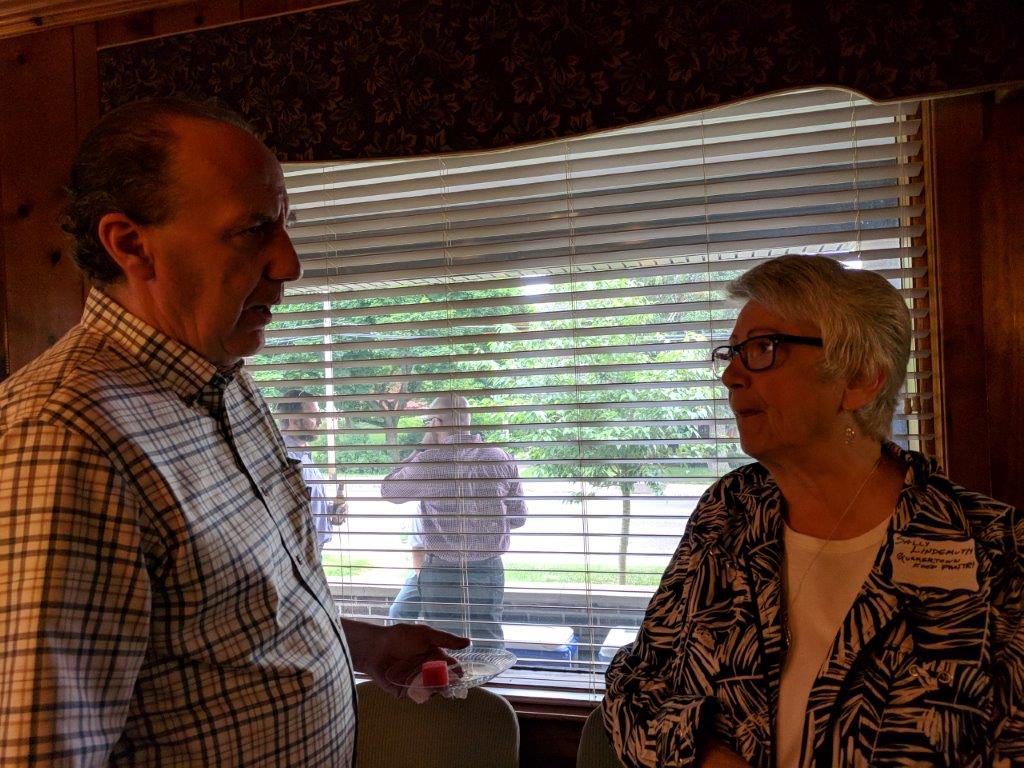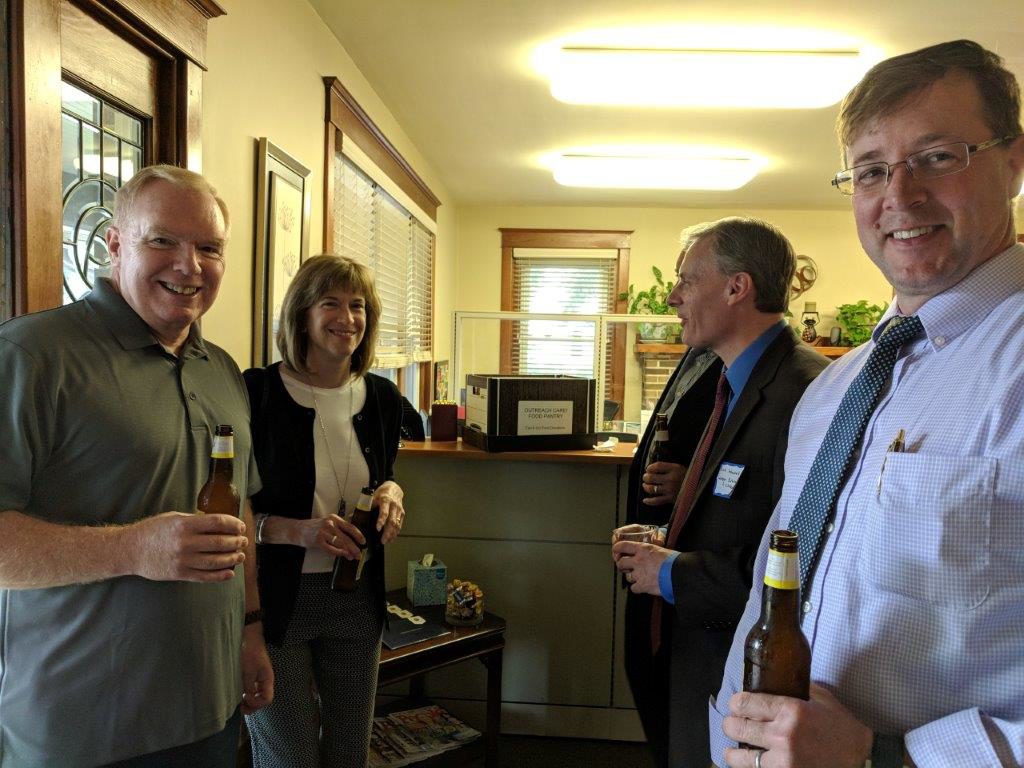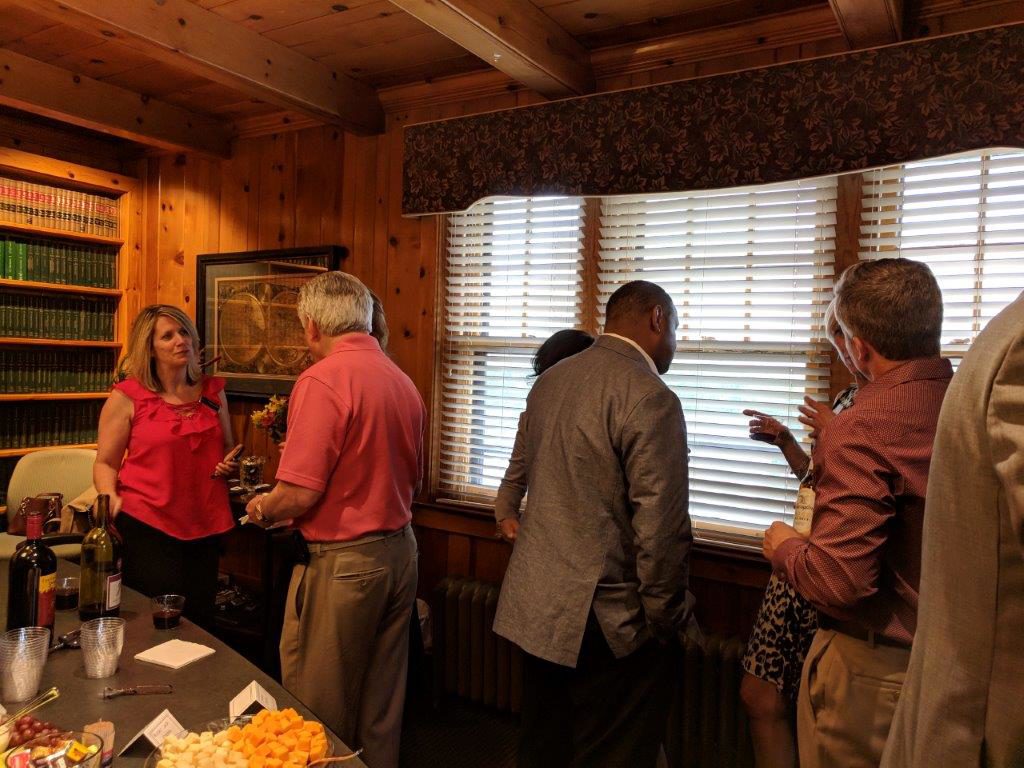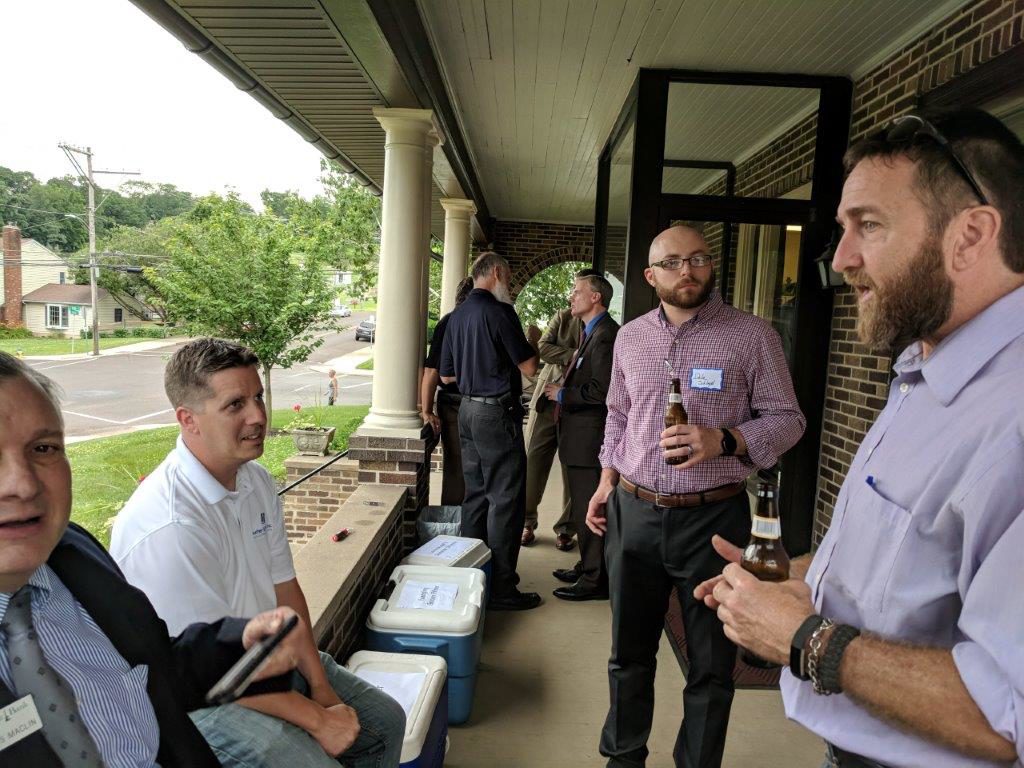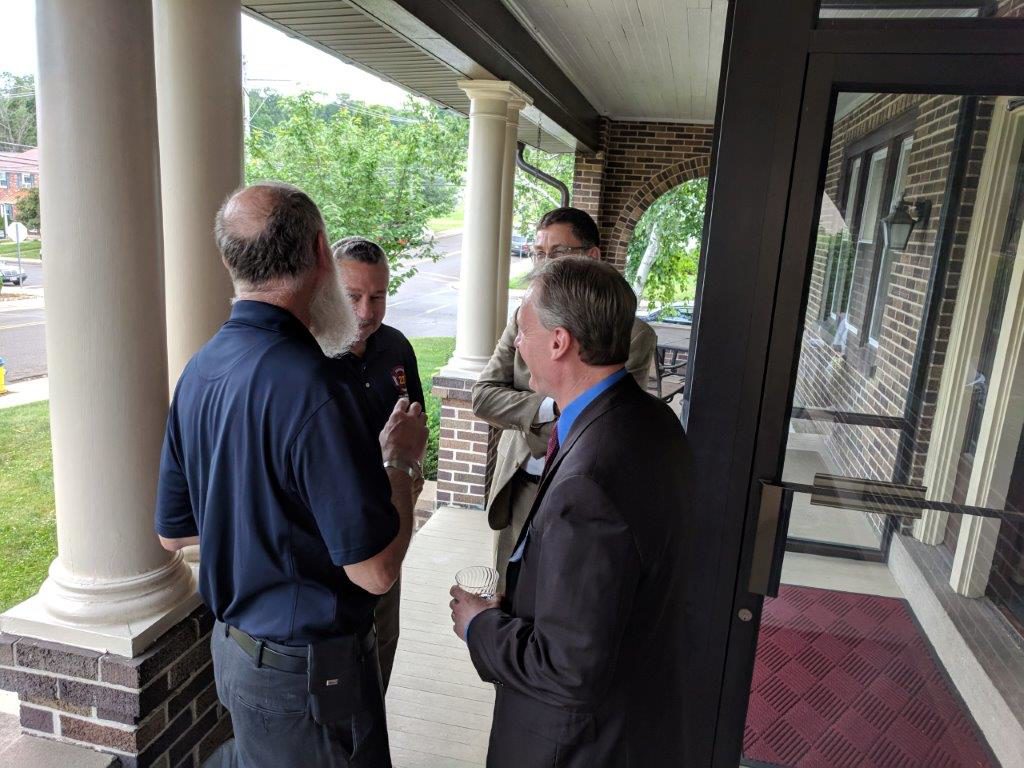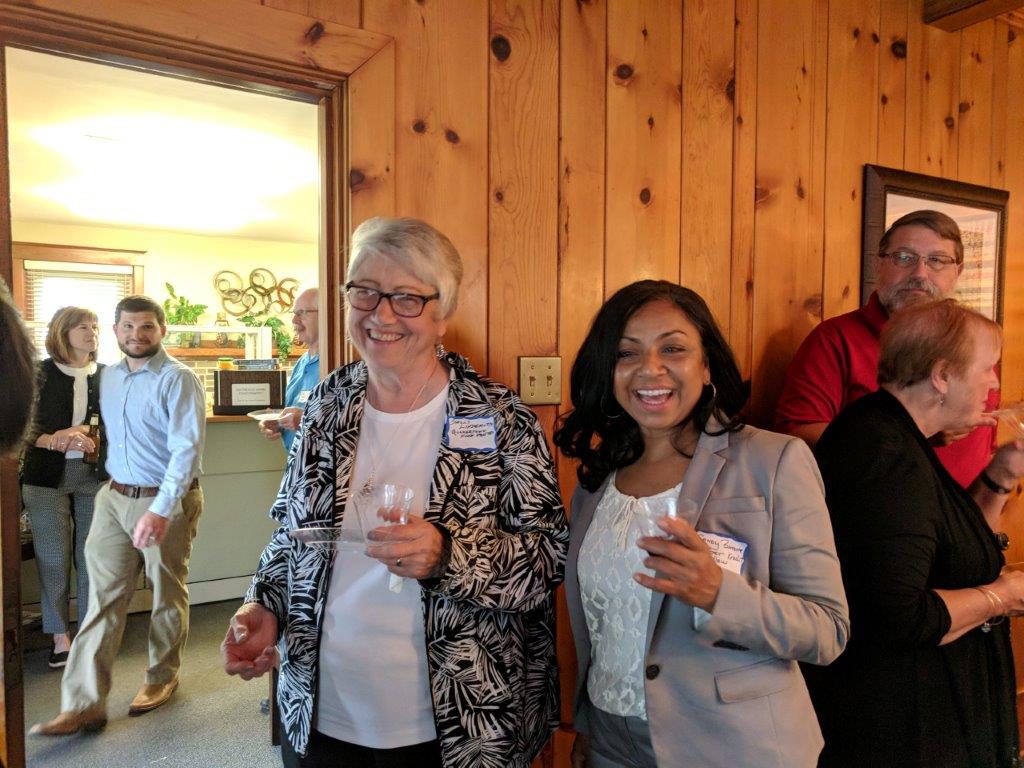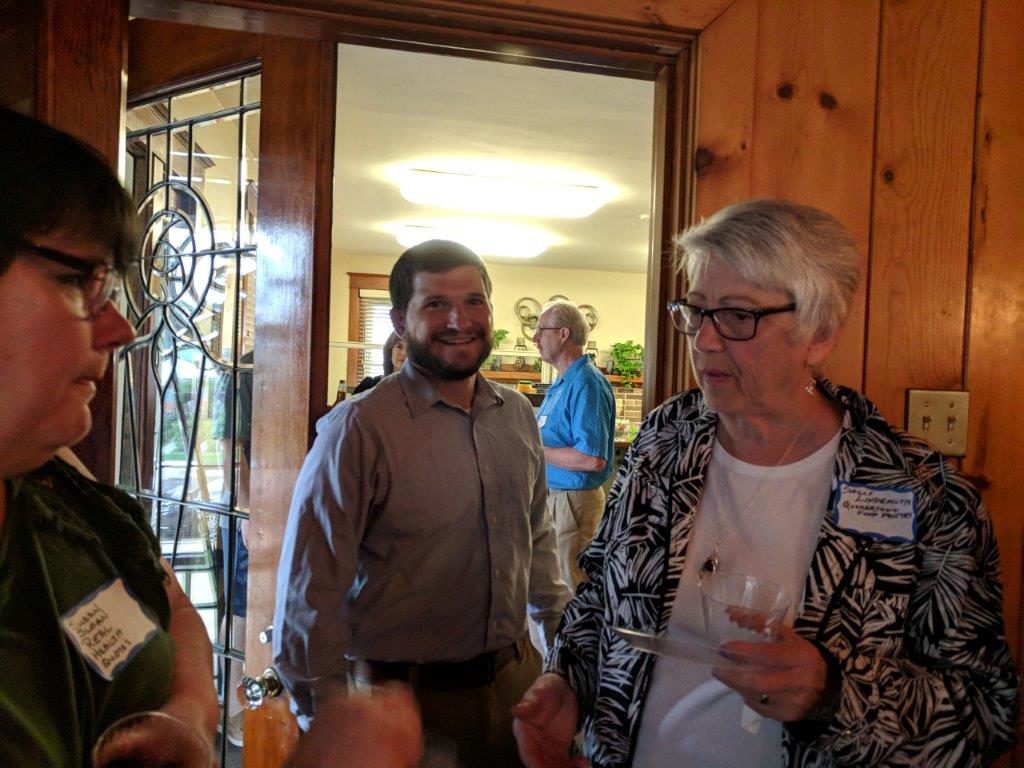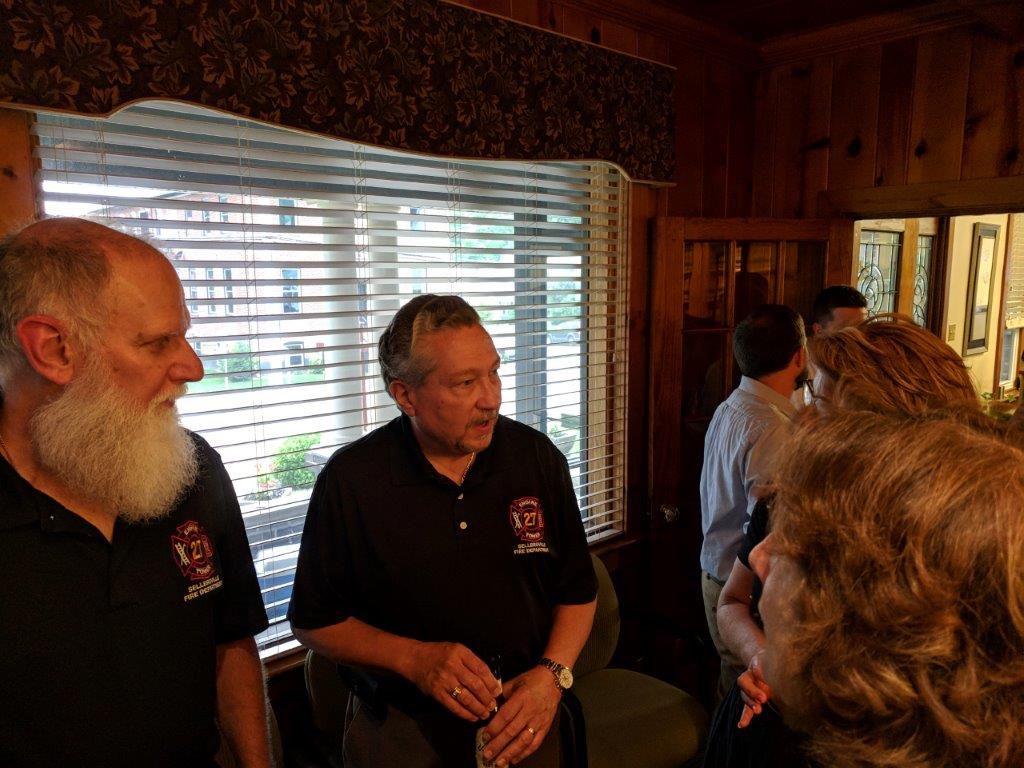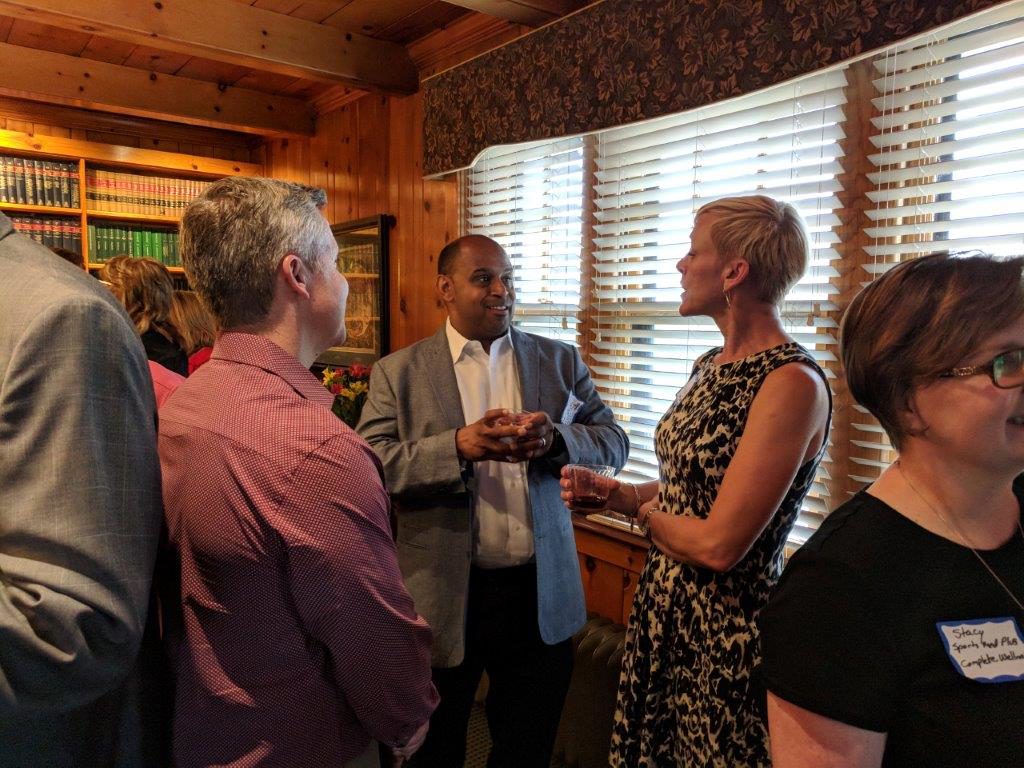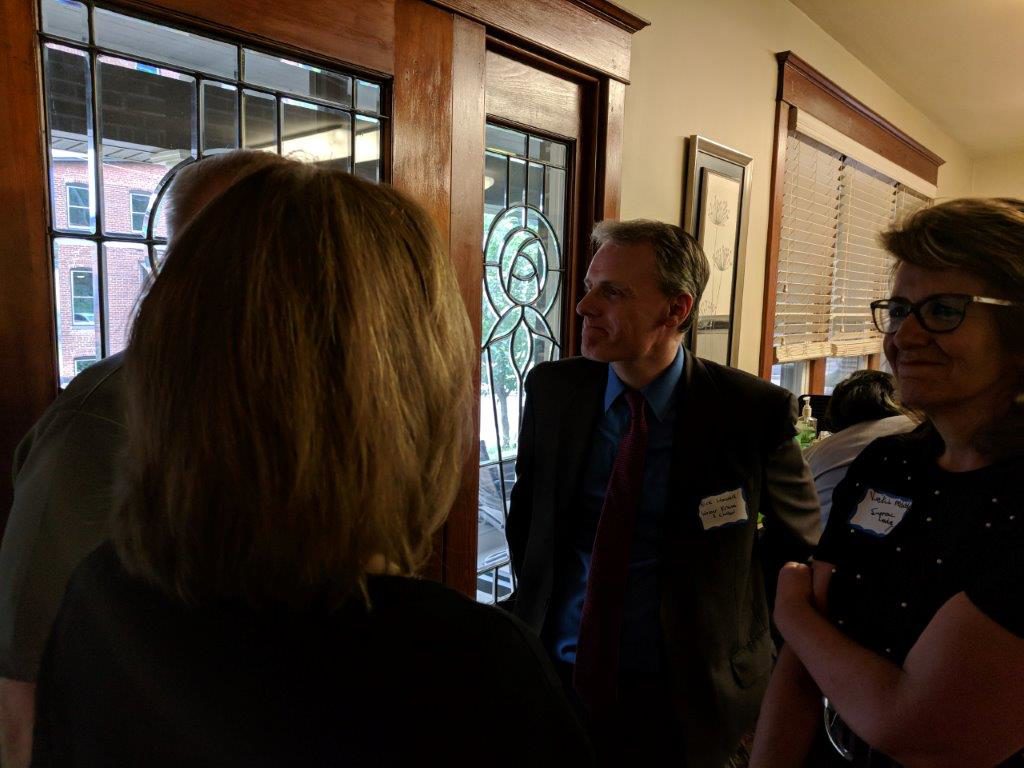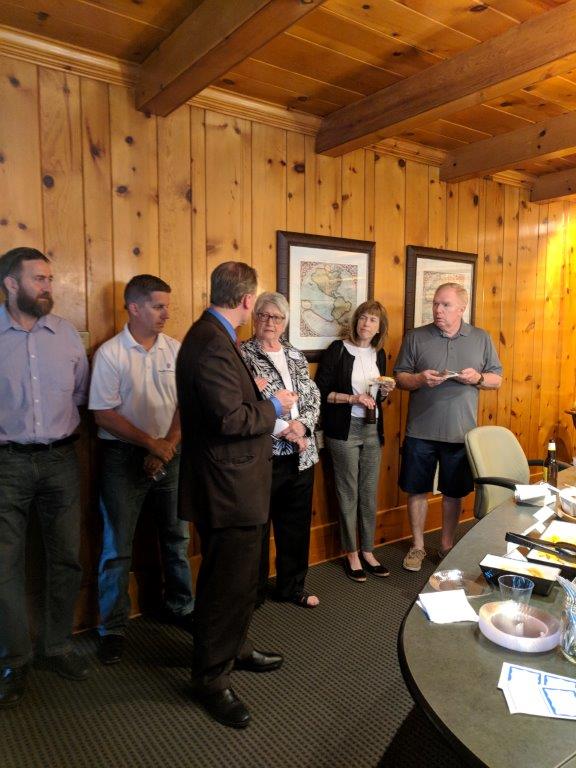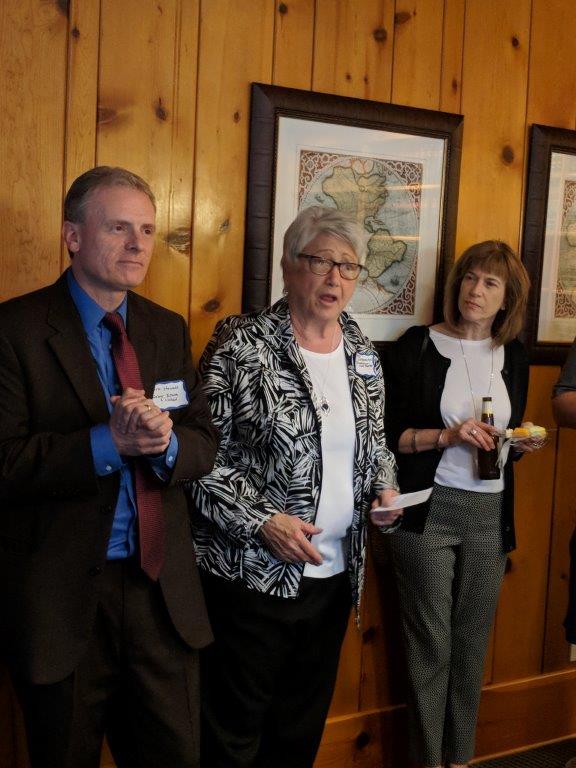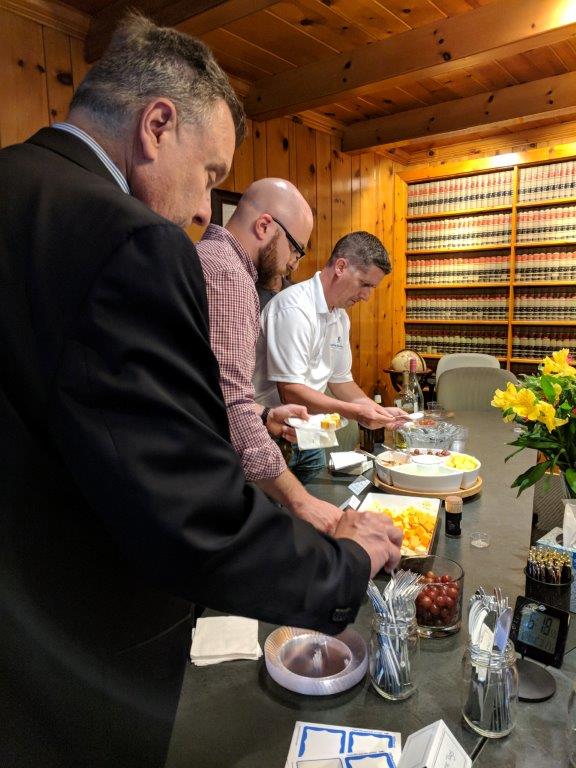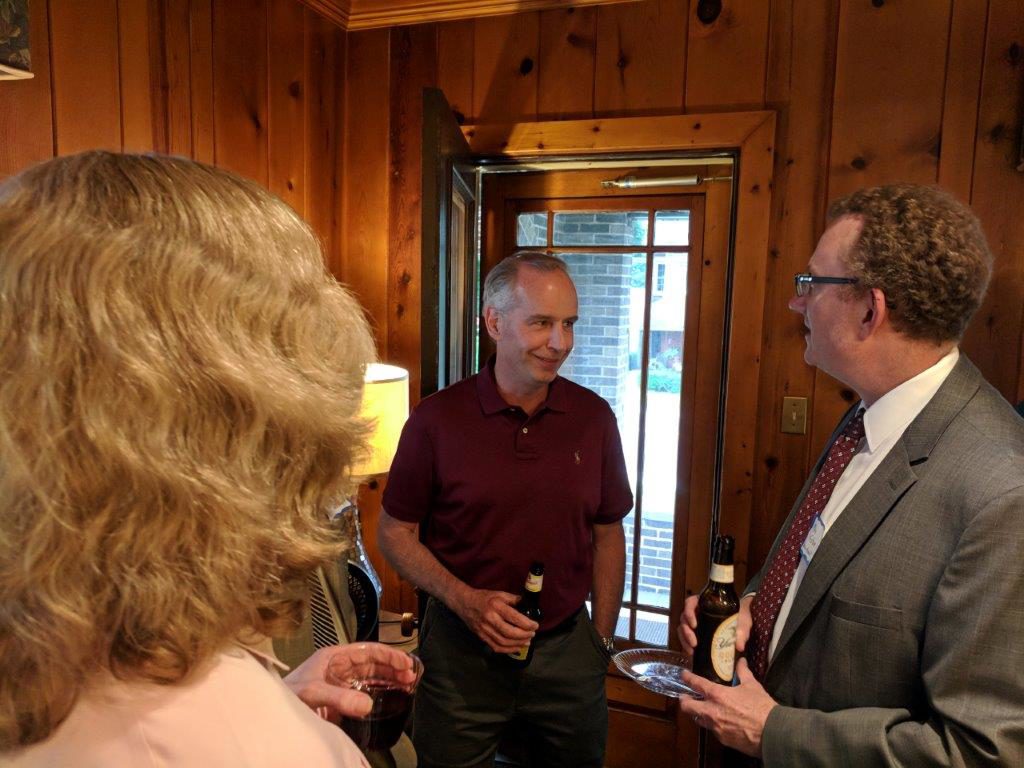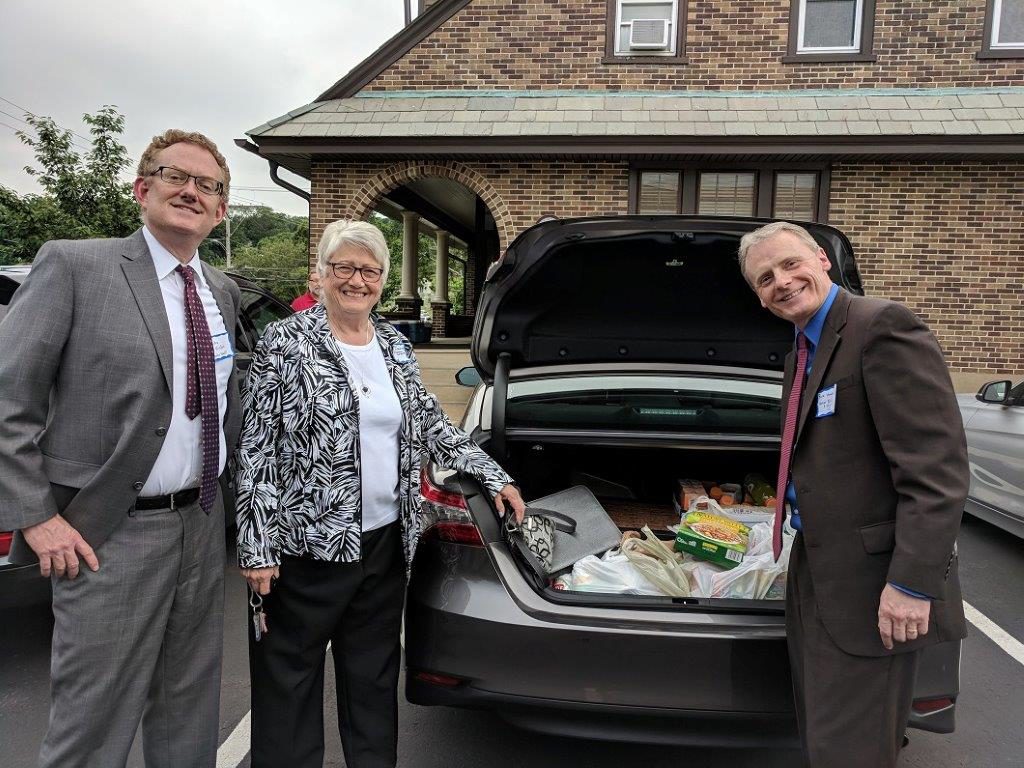No matter where you live in Pennsylvania, before you establish a new “use” on your property or extend an existing use, you must be able to show compliance with that municipality’s zoning ordinance. While this typically sounds confusing, there are several things you can do without an attorney as you investigate a project, such as:
- Online Ordinances. Virtually all local municipalities have a website on which you can access their zoning ordinances. First, you need to figure out in which “zoning district” your property sits. From there, you can look at the section that applies to your District. Somewhere in the Ordinance, there will also be Dimensional Table which will tell you important things like set-backs and the like.
- Call the Municipal office. Don’t feel alone if reading an Ordinance leaves you feeling more confused than when you started. You should feel free to call your local Borough or Township office and ask to speak to the Zoning Officer. Better yet, try to make an appointment and sit down with the Zoning Officer to discuss your project. They will likely have helpful insights or let you know what they see as the
steps necessary to advance your project. - Right to Know Act. Pennsylvania has a Right to Know Law which requires that all Municipalities provide you whatever information they have about your property. Simply go online and look up that Municipality’s form. You can usually email it to the office and they’ll then respond with what they have or invite you in to look at the file if it’s too large. This is a very important step if you want to do something on your property as the history of that property will likely come into play as you move forward.
So, let’s assume you now know you’ll need zoning relief for your project. What’s next?
- In most cases, you’ll need to file an application for zoning relief. This gets heard by a Zoning Hearing Board. There will be application fees which cover the Municipality’s costs for the hearing. That hearing will take place at the Municipal office. Your neighbors will be notified of the hearing and also will have an opportunity to participate.
- The hearing needs to be held within 60 days of the Application. The Zoning Hearing Board then has 45 days to issue its decision. As you can see this process requires some patience.
- While it’s preferable, it’s not always necessary to get a professional site plan prepared by an Engineer. For instance, let’s say you want to build a garage next to your house but it would be too close to property line. Many Zoning Hearing Boards are open to accepting “plans” from measurements taken by the applicant. More complicated applications may need a professional site plan.
What kinds of issues can be decided by a Zoning Hearing Board?
- Interpretation of Law. Sometimes the Zoning Ordinance is not clear and a Zoning Officer will refer you to the Zoning Hearing Board for a determination as to what the Ordinance Requires.
- Special Exception. This is typically in play when a “use” is allowed insofar as it satisfies the other requirements of the ordinance and is consistent with the Municipality’s Comprehensive Plan.
- This is a tough one. Essentially, you must be able to prove some kind of “hardship”. That means you must be able to prove the property cannot be used for any other permitted use or that the lot is unusually configured.
Do I need a lawyer?
This question really depends on the complexity of the project and size of your budget. There’s no doubting that lawyers are expensive. However, working through this process very easily can require the help of a competent real estate attorney. Many firms offer an affordable “consultation”. In any event, you should ensure that you’re meeting with someone that not only has expertise in this area of law, but also has experience with the specific Municipality.
The Attorneys at Weber, Kracht and Chellew practice in all areas of land use, municipal and zoning law. We would be glad to meet with you to discuss your project or needs. Call 215-257-5114 to schedule an appointment.
Michael Kracht became a lawyer quite simply to help people and make a meaningful difference in their lives. His desire to help and go way beyond the typical “call of duty” motivated his outstanding advocacy and counsel to his clients. Retiring in October 2022, Michael now serves Of Counsel here at Weber Kracht and Chellew.
This blog is designed for general information only. The information presented should not be construed to be formal legal advice nor the formation of a lawyer/client relationship.

 Congratulations to Michael Kracht, Esquire for a career of dedication, hard work and public service. Effective October 24, 2022 (his 70th birthday), Michael’s relationship with Weber, Kracht & Chellew transitioned to a role “Of Counsel.”
Congratulations to Michael Kracht, Esquire for a career of dedication, hard work and public service. Effective October 24, 2022 (his 70th birthday), Michael’s relationship with Weber, Kracht & Chellew transitioned to a role “Of Counsel.”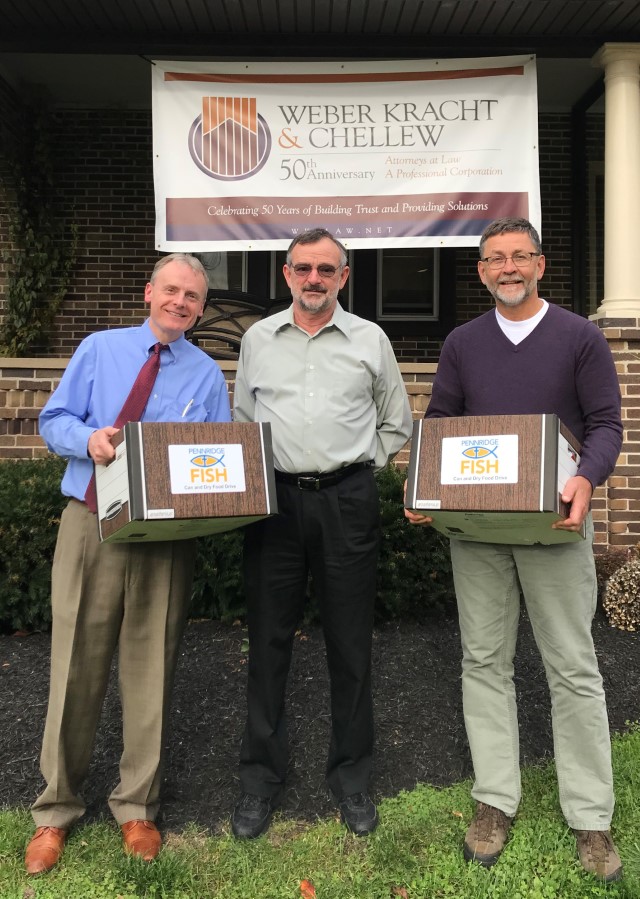
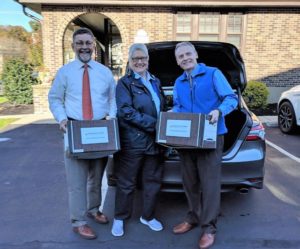 Weber Kracht and Chellew partner Michael Kracht, who serves on the board of Pennridge FISH, adds, “In Bucks County, a little over
Weber Kracht and Chellew partner Michael Kracht, who serves on the board of Pennridge FISH, adds, “In Bucks County, a little over 